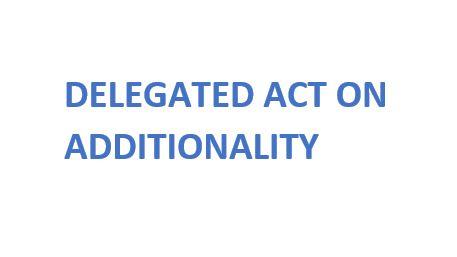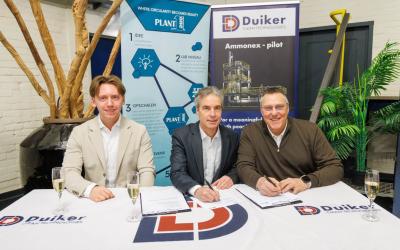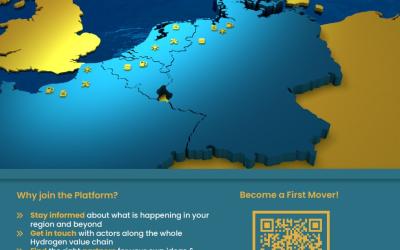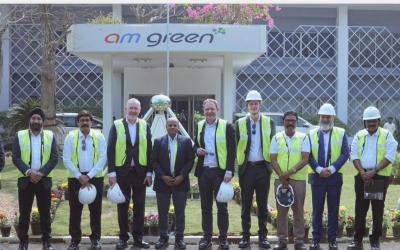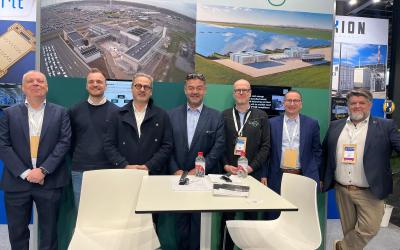WaterstofNet’s first reaction to the delegated act on additionality
On 18th of May the Commission published with the REPower-EU Package a clear pathway on how the EU member states can and should switch away from fossil fuels from Russia as soon as possible. At the same time this package will help the EU to achieve its climate targets by 2030 and 2050. The hydrogen accelerator (“H2 accelerator”) is an important part of this package and foresees in 10 million tons of green hydrogen imports and 10 million tons of local green hydrogen production in the EU by 2030. This could mean a massive boost for green hydrogen production in the EU.
However, only a couple of days later the Commission finally published its delegated act on additionality, defining the future rulebook for green hydrogen production in the EU. Although some of the parameters of this delegated act have slightly improved compared to previous versions, we are afraid that the final draft will still put a brake on the development of a green hydrogen economy in the EU. After subjecting the proposal to a brief first analysis, WaterstofNet identifies the following issues:
- Only electricity from newly constructed, unsubsidized wind and solar plants to generate green hydrogen will be allowed to be used for green hydrogen production. The transitional phase until 2026 will not be sufficient to stimulate green hydrogen production in large volumes in the EU by 2030.
- Secondly, the DA stipulates that electrolysers may only produce hydrogen when electricity is almost simultaneously being produced by these new wind and solar farms. This “temporal correlation” means that electrolysers will not be able to produce on days where there is no wind or sun. This makes the business case of an electrolyser operator non profitable.
- Lastly, the delegated act would mean that hydrogen produced in Belgium can only qualify for meeting the RFNBO target, if the electricity used for its production is produced in Belgium (same ‘bidding zone’). For a small densely populated country like Belgium with relatively limited possibilities for the local production of green energy this “geographic correlation” is detrimental for the development of the local green hydrogen market.
These comments are only a few of the issues that WaterstofNet wants to see adapted in the final version of the delegated act. The delegated act is subject to a public consultation until the 17th of June. WaterstofNet will liaise with the members of the Policy Working Group from the Hydrogen Industry Cluster in the coming weeks to determine our feedback to this public consultation.

